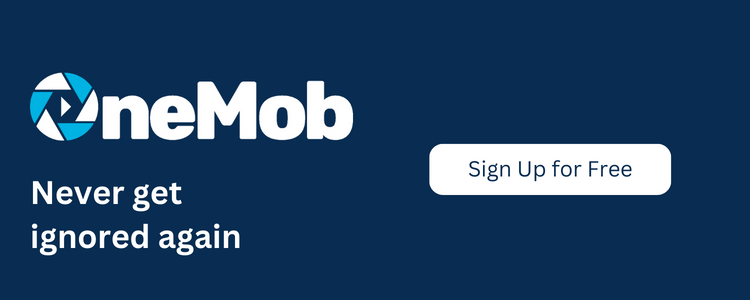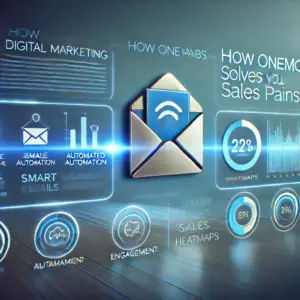Introduction to Presales Enablement
Presales enablement is a critical component of the sales process, designed to prepare sales teams for success by providing them with the necessary tools, content, and knowledge. It bridges the gap between sales and product development teams, ensuring that sales representatives are well-equipped to address customer needs efficiently. Its importance cannot be overstated, as it directly impacts a company’s ability to close deals by enhancing the effectiveness of sales pitches and demonstrations.

With the advent of the digital age, the evolution of presales activities has been remarkable. Traditional face-to-face interactions have increasingly been replaced by dynamic digital engagements, utilizing a plethora of tools from CRM systems to advanced analytics. This shift has not only expanded the reach of sales teams but also provided them with deeper insights into customer behavior and preferences. Consequently, presales strategies have become more sophisticated, leveraging data to tailor approaches to individual prospects.
Key components of an effective presales enablement strategy include:
- Comprehensive training to ensure sales teams have a deep understanding of the product or service they are selling.
- Access to a centralized repository of sales materials, such as case studies, product sheets, and demos, enabling sales representatives to pull the most relevant information for each prospect.
- Advanced tools and technologies that facilitate efficient customer engagements, including CRM systems, engagement analytics, and digital communication platforms.
Interestingly, a less-known fact about presales enablement is its role in customer feedback loop. By equipping sales teams with the means to gather and relay customer feedback to product development teams, businesses can ensure their offerings remain aligned with market needs and expectations, thereby fostering a culture of continuous improvement.
Building on the foundational understanding of presales enablement, it’s crucial to dive deeper into strategies that can enhance the presales journey. A pivotal aspect of this journey involves Leveraging technology for presales success. Today’s digital age offers a plethora of tools designed to streamline and optimize presales activities. From CRM systems that offer detailed insights into customer interactions to AI-powered analytics for forecasting and trend analysis, technology is a game-changer. However, the lesser-known fact is the power of virtual reality (VR) and augmented reality (AR) in presales demonstrations, providing an immersive experience that can significantly boost customer engagement and understanding.
Another critical area for presales teams is Improving collaboration between sales and presales teams. Traditionally, a gap has existed between these two functions, often leading to siloed efforts and miscommunication. To bridge this gap, adopting a unified communication platform can significantly enhance collaboration. Real-time messaging and project management tools ensure that both teams are on the same page, fostering a culture of transparency and shared goals. It’s intriguing to note that organizations that invest in collaborative technologies see a marked improvement in closing deals, as the seamless exchange of information allows for more tailored and effective sales strategies.
Lastly, Enhancing customer engagement through tailored presales activities is paramount. In the digital era, customers expect personalized and engaging experiences. Leveraging data analytics to understand customer preferences and behaviors can lead to more customized interactions. For instance, using predictive analytics to tailor product demonstrations or employing chatbots for immediate response to customer inquiries can significantly elevate the customer experience. An often overlooked strategy is the creation of personalized video content for clients, which can convey complex solutions in an easily digestible format, thereby enhancing understanding and engagement.
Implementing a Successful Presales Enablement Program
Building on the foundation of leveraging technology, enhancing collaboration, and tailoring presales activities, a successful presales enablement program takes these practices to the next level. This involves a strategic framework, measurable outcomes, and learning from industry leaders.
Steps for Building a Presales Enablement Framework
The first step in crafting a presales enablement program is establishing a framework that aligns with your company’s sales goals. This involves:
- Identifying the specific needs of your sales and presales teams.
- Integrating technology solutions that streamline presales activities.
- Creating a repository of resources, including case studies, product information, and competitor analyses, accessible to all team members.
- Developing ongoing training programs to ensure skills remain sharp and up-to-date.
Such a framework not only enhances the efficiency of your presales processes but also ensures your team is well-equipped to handle customer inquiries and objections, leading to a smoother sales cycle.
Measuring the Impact of Presales Enablement on Sales Outcomes
To gauge the success of your presales enablement efforts, it’s crucial to measure their impact on sales outcomes. Key performance indicators (KPIs) may include:
- Shorter sales cycles
- Higher win rates
- Increased deal sizes
- Improved customer satisfaction scores
By closely monitoring these metrics, sales leaders can fine-tune their presales strategies to optimize performance and drive revenue growth.
Case Studies: Companies Excelling in Presales Enablement
Several leading organizations have set the standard for presales enablement excellence. These companies have demonstrated that a well-structured presales program can significantly impact overall sales success. For example, a prominent software company implemented a comprehensive presales enablement strategy that resulted in a 20% increase in win rates and a 15% reduction in sales cycle time. This was achieved through rigorous training programs, advanced analytics to track customer engagement, and a centralized knowledge base for easy access to critical information.
Another example is a global technology provider that focused on enhancing collaboration between sales and presales teams. By fostering a culture of teamwork and open communication, they were able to deliver tailored presales activities that directly addressed customer needs, leading to a significant boost in customer satisfaction and loyalty.

Implementing a presales enablement program is a dynamic and ongoing process that requires commitment, adaptability, and continuous improvement. By following these steps and learning from the successes of industry leaders, companies can empower their presales teams, enhance customer engagement, and ultimately achieve superior sales outcomes.





